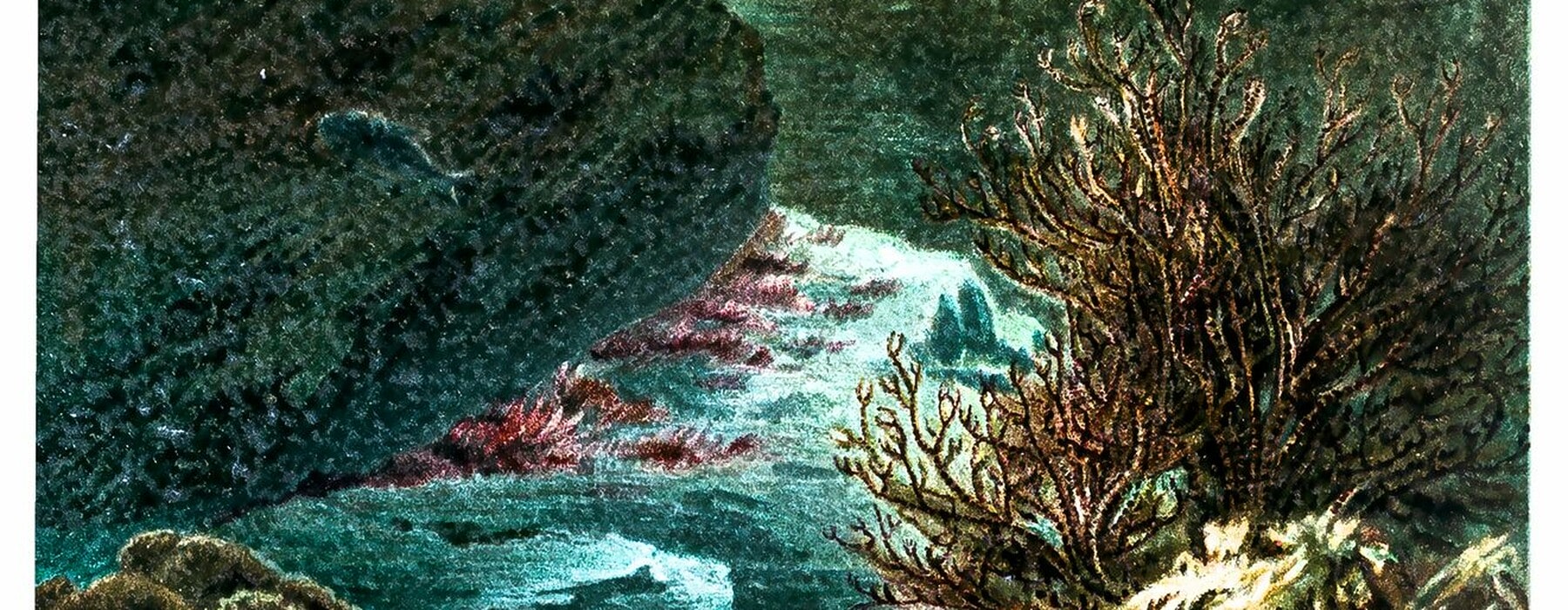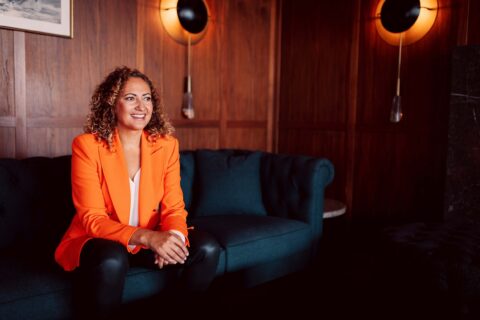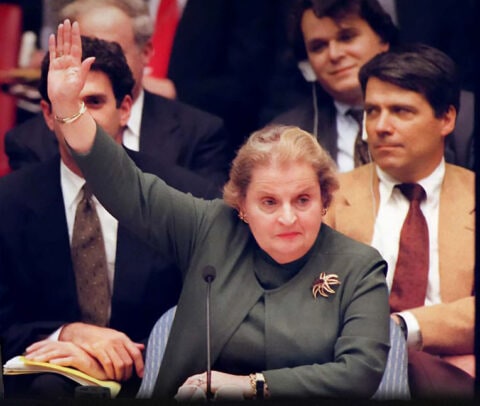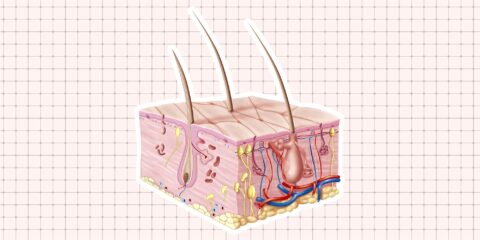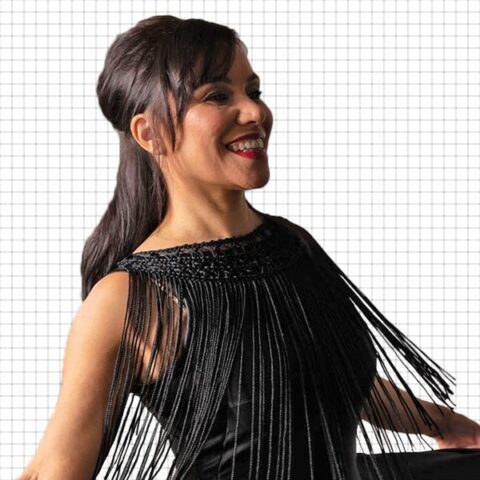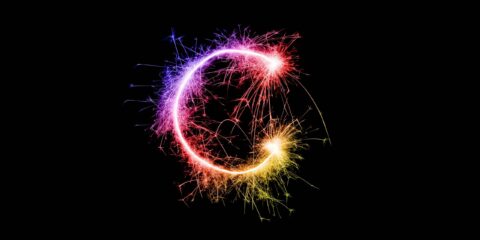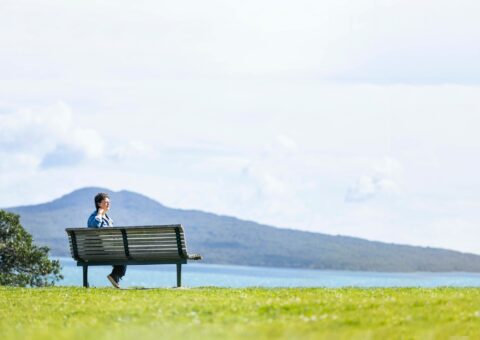With people moving around less over the past two years, the planet has adapted to the new normal. What can we do to keep this natural healing going?
Summer is here and at our place, the fledgling birds are tentatively making their way into the world for the first time. The young tūi calls still require a lot of work before they reach their full potential, but practice makes perfect. They have been given a helping hand by a long-running community effort to control predators, and it’s satisfying to see the change happening so quickly.
This is the time of year that New Zealanders spill outdoors and make time for forest walks, swimming, creating new memories and ignoring the deadlines that drive us for most of the year. It’s also a time when families and friends get together and share stories of how the sun shone brighter, the water was more refreshing and the eels were bigger back when we were kids. There is some truth to this. Reminiscing over old family photos will show larger crayfish, pāua, fish… all the delicacies that filled our bellies. Hours were spent swimming, exploring up-river and drinking the fresh water whenever we wanted. Things have changed a lot since our grandparents’ days, and for those of you who are grandparents, if you stop and reflect, you know how it has changed.
There’s an increasingly used term that describes our perception of these changes: the shifting baseline. This was originally described by a landscape architect reflecting on what was once present, when modified by people then became the new “baseline” for those who came afterwards. We only know what we experience, and so we normalise those experiences. Often, we only become aware of any change through documentaries, stories, whakataukī (proverbs) and art from the past. There is also compelling scientific evidence that the rivers were cleaner, the fish were more abundant and the forests were filled with birdsong – your grandparents weren’t making that up.
The exciting challenge that awaits us when we reflect back on the start of this decade – notable for a global period of rapid action to conquer the unseen threat that Covid-19 poses – will be seeing if this was the time we can say we shifted the baseline upwards again?
Over the past two years, the widespread restriction on movements locally and globally, has allowed us to see and hear the planet in a whole new way. Referred to as the “anthropause” – a period in which humans paused their normal behaviours – is has been an exciting time. We realised how much noise we make.
Scientists measured up to a 50 percent reduction in seismic activity. Normally we associate this with earthquakes, but it turns out that all of the road traffic, construction and drilling – and my personal favourite, “football earthquakes” caused by excited crowds at sports games – contribute substantially to the planet’s vibrations.
The ocean was much quieter. All the animals that rely on sound to communicate, find food and find shelter suddenly could make and hear sounds over large distances because there were no vehicles or vessels making engine noise. In the beautiful waters of the Hauraki Gulf before lockdown, fish could hear sounds from only a few metres away, but with no vessel noise they could hear sounds up to 155m away. Their world changed dramatically.
With people not moving around, wildlife shifted their movement patterns, crossing once-busy roads, taking new routes to important places and rapidly reclaiming habitat of value to them.
Our lives changed too. People started seeing and hearing the world around them. Daily walks, often unhurried, allowed us to observe the world around us with different eyes. I had many conversations with people on their new and exciting findings about all the activity in work-ups just beyond the surf zone, or how many birds there are in the local park.
For me these discoveries were not new. Because of my work, they are my “normal” and I know they are nowhere near as magnificent as they used to be. But for many people they experienced something that changed their view of the world. The anthropause gave Earth a short break, but it also gave us a break from our normally hurried lives where we stopped and took in the world around us.
My challenge this summer is to stop, sit for a while, watch the river run, be still in the forest, look in rock pools, watch the seabirds, snorkel quietly over a rocky reef and just observe. If time is the greatest gift we can give to each other, I suggest that this is true for our planet. Take time, then decide what actions you will take to ensure the stories, whakataukī and legacy you leave will shift the baseline upwards.

